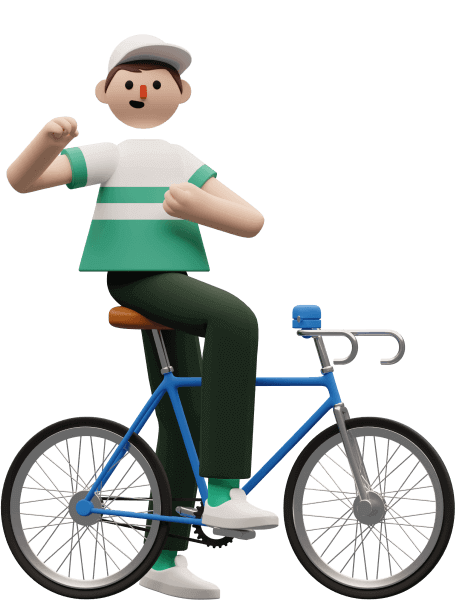Why play?
English classes for primary school students should include games, but, in general, the programme should aim to give children a minimum of knowledge that will help them communicate in a foreign language.
An English lesson for school children should not look like a typical lesson with children sitting at their desks, writing and reading. Classes organized in this way are boring and will not spark interest and desire to learn the language.
Live English is not about word lists or grammar rules. It is a different world, with its own culture, traditions and entertainment. To get acquainted with them, you need to master a special key, which your teacher has. Every lesson, your teacher will share their secrets through conversation and play – a form of communication that is close to all children.




